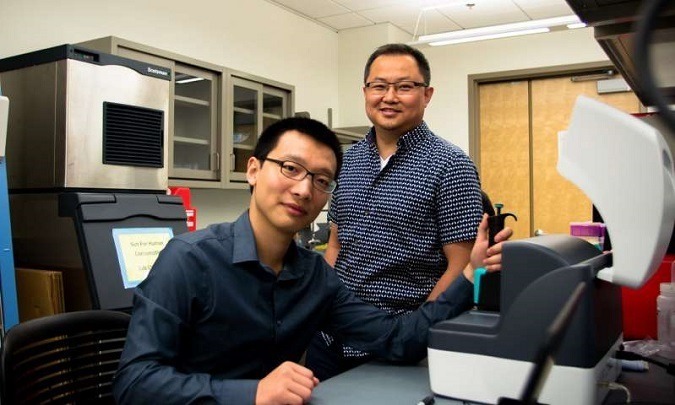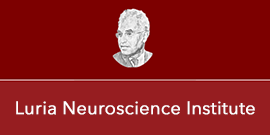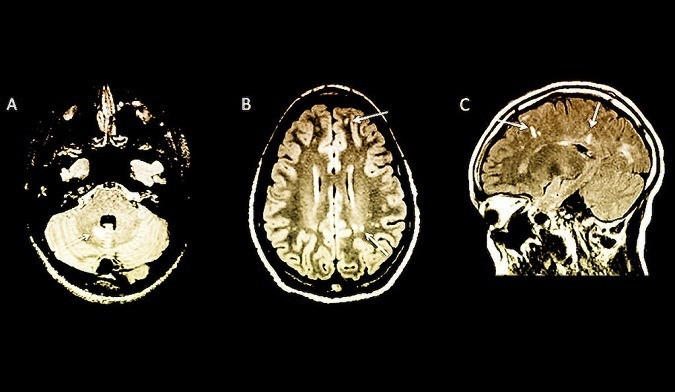Posts Tagged ‘clinical’
Study shows promising results of EEG-based brain training in helping adults with ADHD
Managing attention deficit disorder by training the brain (ScienceDaily): Attention Deficit Hyperactivity Disorder (ADHD) affects about 7% of children, with a two out of three chance of persisting into adulthood. This neurodevelopmental disorder is characterised by concentration difficulties, increased distractibility, impulsivity and hyperactivity. Today, ADHD is treated with pharmaceutical drugs that may have unwanted side…
Read MoreEpigenetics research opens potential door to prevent neurodevelopmental disorders
___ Epigenetic Changes Guide Development of Different Brain Regions (Dana Foundation): “It’s one of the greatest standing mysteries in neuroscience: Given that each cell in the human body contains the same DNA, how, exactly, does the brain develop into distinct functional regions, supported by different cell types? And how might that developmental program go awry,…
Read MoreThe Luria Neuroscience Institute announces new webinar series on Executive Functions, Dementia, TBI, Creativity and more
Happy to share that the Luria Neuroscience Institute, an esteemed Partner of the 2017 SharpBrains Virtual Summit, is hosting a new webinar series aimed at better equipping professionals helping those with mental health and with brain and brain disorders. Dates and topics:
Read MoreNext: Brain scans to identify children at high risk of developing multiple sclerosis (MS) before symptoms appear
______________________________ MS risk in children spotted with MRI brain scans (Yale News): “By the time multiple sclerosis (MS) is diagnosed in children, it may be difficult to prevent the disabilities and relapses that come with the disease. In a new Yale School of Medicine study, researchers examined MRI brain scans to identify children at high risk…
Read MoreWitnessing an explosion of consumer-facing neurotechnologies to (potentially) harness lifelong neuroplasticity
— Last week I shared some key scientific, technological and investment trends revolutionizing Brain Health, based on my participation at the 2016 SharpBrains Virtual Summit, and promised a second article more focused on the technology side of things. Here it is :-) Just a few weeks after the SharpBrains Summit I also attended CES 2017. While I enjoyed the myriad emerging…
Read MoreSystematic evidence review finds cognitive behavioral therapy as effective as antidepressant medicines in treating depression
Depression: Treatment Beyond Medication (The Dana Foundation): “Major depressive disorder affects nearly 7 percent of people in the US aged 18 and up, according to the Depression and Bipolar Support Alliance. Those who seek treatment will most likely be prescribed a second-generation antidepressant medication such as a selective serotonin reuptake inhibitor (SSRI), tricyclic antidepressant (TCA),…
Read More





